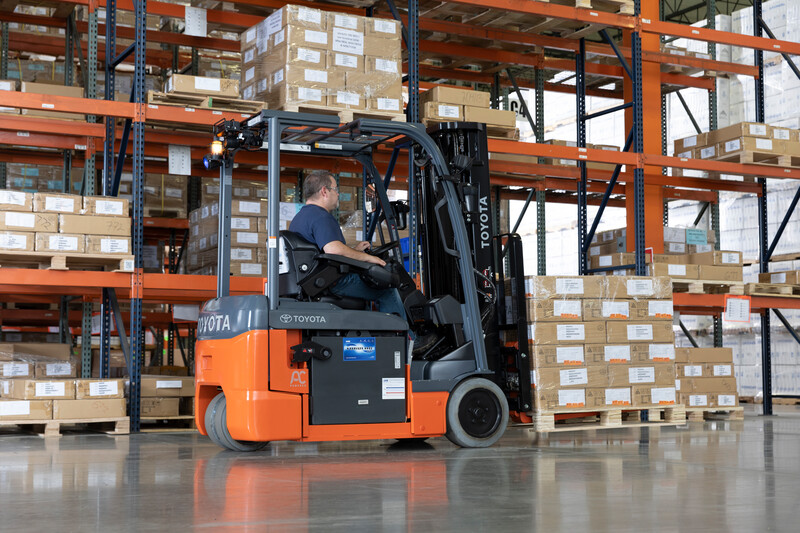In the complex and interconnected world of supply chain management, material handling plays a pivotal role in ensuring the smooth flow of goods from production to delivery. From the moment raw materials enter a facility to the final product reaching the customer, efficient material handling is crucial in maintaining productivity, reducing costs, and ensuring timely delivery.
What is Material Handling?
Material handling encompasses the movement, protection, storage, and control of materials and products throughout the manufacturing, warehousing, distribution, and disposal processes. It involves a wide range of equipment, such as forklifts, conveyors, automated guided vehicles (AGVs), pallet jacks, as well as technologies like warehouse management systems (WMS) and automated storage and retrieval systems (ASRS).
Key Roles of Material Handling in Supply Chain Management
1. Enhancing Operational Efficiency:
Material handling directly impacts the efficiency of operations within a supply chain. By utilizing the right equipment and processes, businesses can minimize the time and effort required to move materials, reduce bottlenecks, and streamline production and distribution. Efficient material handling ensures that materials are available at the right place and time, reducing delays and maximizing productivity.
2. Reducing Costs:
Effective material handling can lead to significant cost savings in a supply chain. By optimizing the use of space, minimizing handling time, and reducing the likelihood of damage or loss, companies can lower their operating costs. Automation and advanced technologies also play a crucial role in reducing labor costs and improving accuracy in material handling processes.
3. Improving Safety:
Safety is a critical concern in any supply chain operation. Proper material handling practices help prevent accidents, injuries, and equipment damage. Ergonomically designed equipment, automated systems, and well-trained staff contribute to a safer work environment, which in turn reduces downtime and associated costs.
4. Supporting Inventory Management:
Accurate inventory management is essential for meeting customer demands and minimizing excess stock. Material handling systems that integrate with warehouse management systems (WMS) allow for real-time tracking and management of inventory. This integration ensures that inventory levels are optimized, reducing the risk of stockouts or overstocking, and improving overall supply chain performance.
5. Enhancing Customer Satisfaction:
The ultimate goal of any supply chain is to deliver the right product to the customer at the right time. Efficient material handling plays a crucial role in meeting delivery schedules and maintaining product quality. By reducing lead times and minimizing errors, businesses can enhance customer satisfaction and build stronger relationships with their clients.
6. Adapting to Changing Demands:
The supply chain landscape is constantly evolving, with changing customer demands, technological advancements, and global economic shifts. Material handling systems must be flexible and scalable to adapt to these changes. Advanced material handling technologies, such as automation and robotics, enable businesses to quickly respond to fluctuations in demand and remain competitive in the market.
The Future of Material Handling in Supply Chain Management
As the supply chain industry continues to evolve, the role of material handling will become even more critical. The integration of IoT, artificial intelligence, and data analytics into material handling systems will provide businesses with real-time insights and predictive capabilities, further enhancing efficiency and decision-making.
In addition, the growing focus on sustainability will drive the adoption of eco-friendly material handling solutions. Companies will increasingly look for ways to reduce their carbon footprint, whether through energy-efficient equipment, optimized logistics, or the use of renewable energy sources.
Material handling is the backbone of supply chain management, impacting every aspect of the process from production to delivery. By investing in advanced material handling systems and practices, businesses can improve efficiency, reduce costs, enhance safety, and ultimately deliver better value to their customers. As the industry continues to evolve, the importance of material handling in maintaining a competitive edge cannot be overstated.
